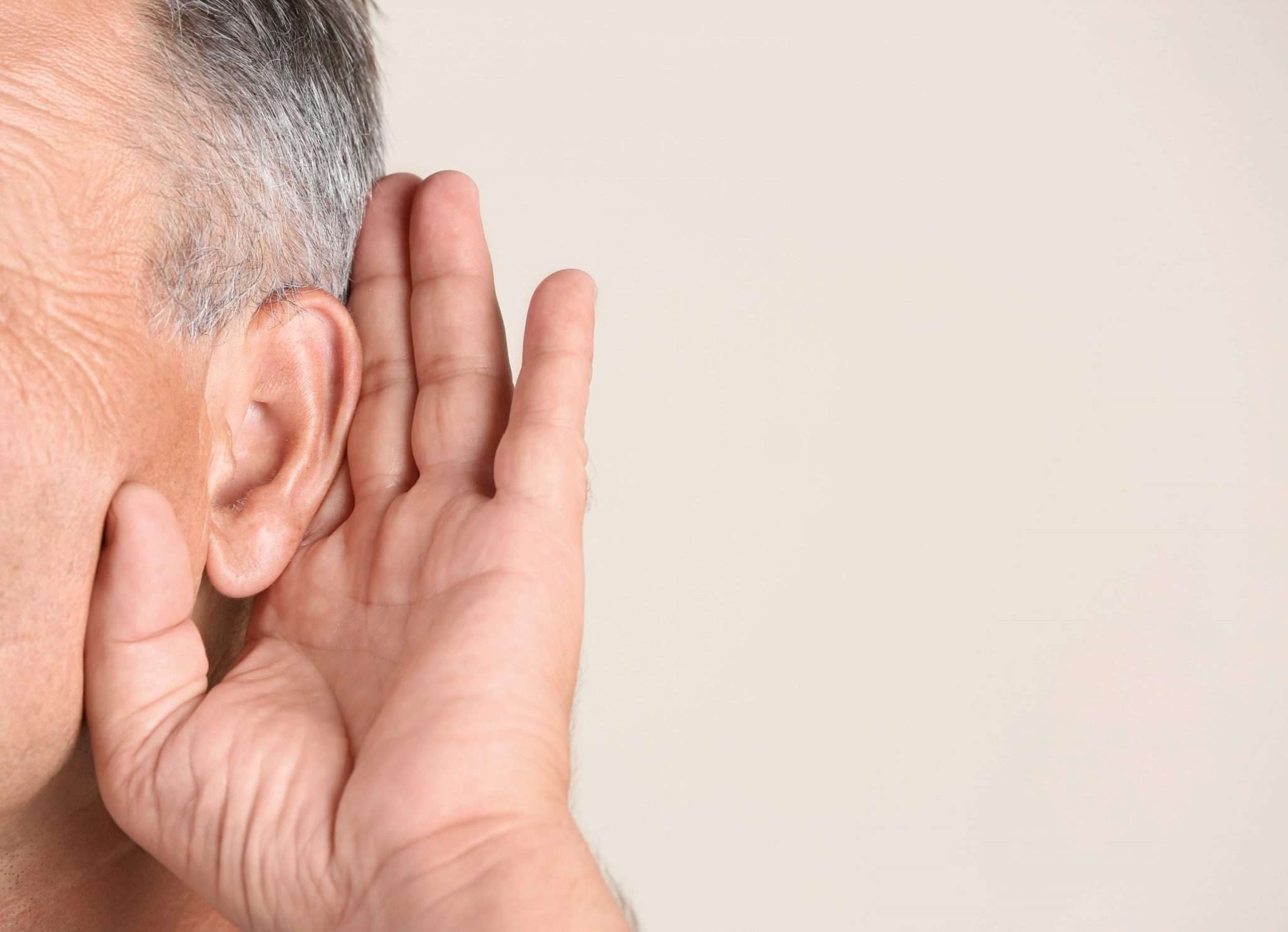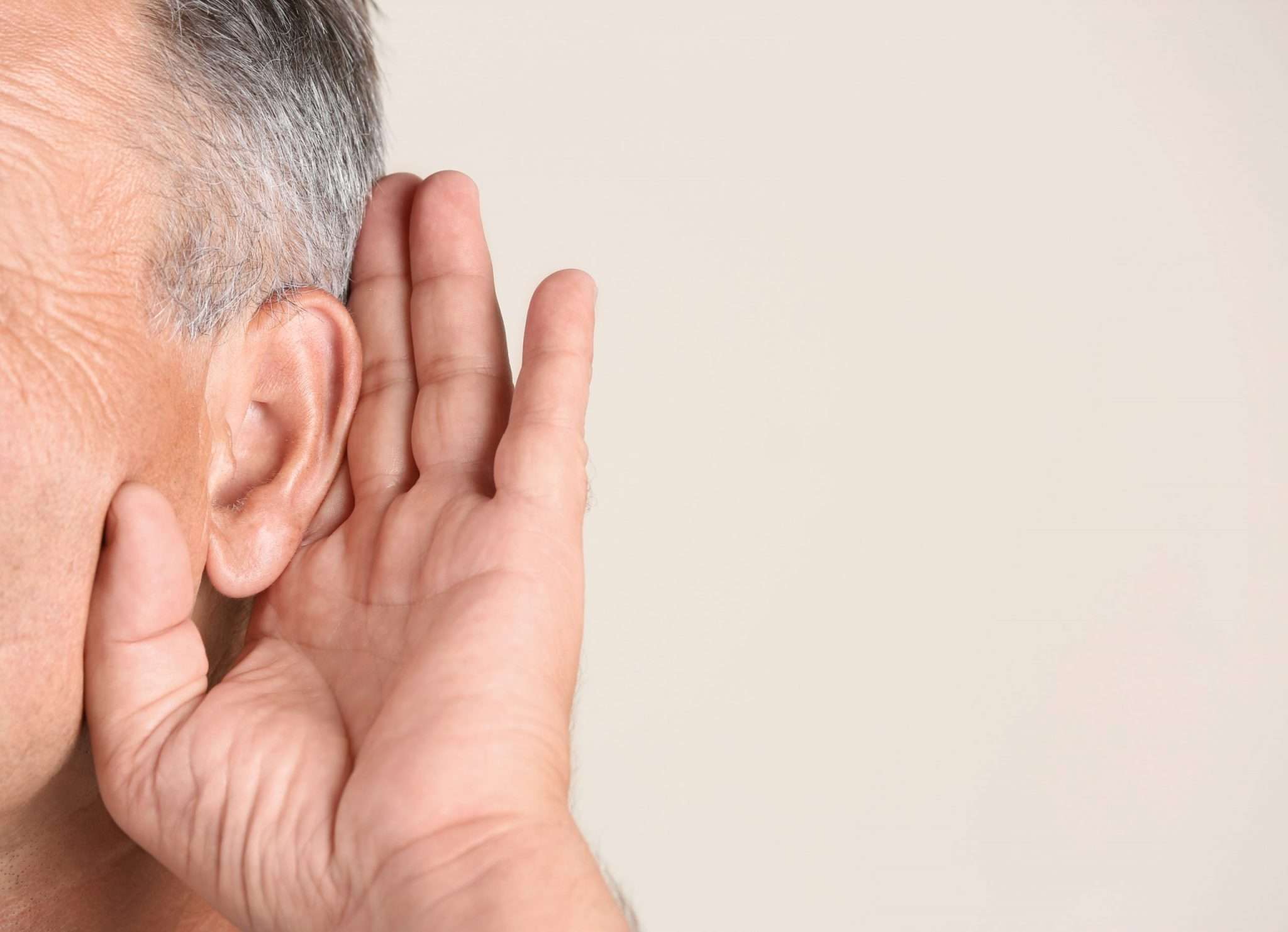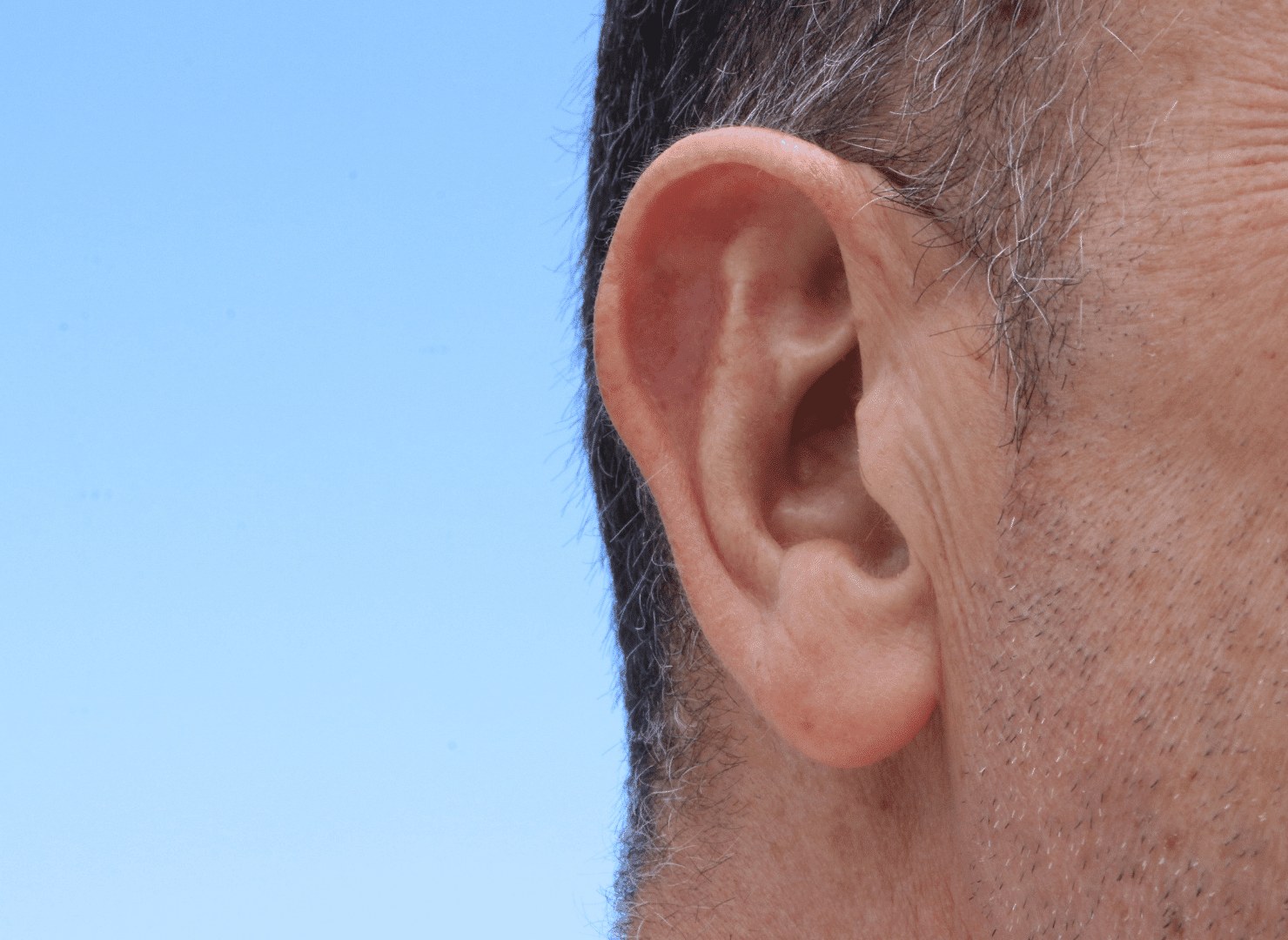
Understanding Basic Hearing Aid Terminology
This post might be for the more technical folks out there interested in the inner workings of
hearing aids (we at
Audicus are proud tech geeks). Whoever has done a bit of research when shopping for hearing aids probably had to wrestle with confusing terminology like
hearing aid channels and hearing aid bands at some point.
With
hearing aids becoming increasingly packed with features and gimmicks, it’s important not to lose the overview on the basic hearing aid terminology.
What Are Hearing Aid Channels and Bands?
Two of the most important characteristics of hearing aids are “Channels” and “Bands”… which are also some of the most misunderstood by users.
To start off with, the number of hearing aid channels or hearing aid bands has nothing to do with the number of programs or volume settings. Sounds are processed and amplified by a hearing aid based on frequencies (or the pitch of a sound) and volumes.
A peek at your audiogram will tell you how much amplification you need for any given frequency. In a nutshell, hearing aid bands and hearing aid channels thus determine how granular a hearing aid can process and amplify the sounds it perceives. To quote a great explanation from Philips:
"A band is what is used to control volume in different frequencies. This allows us to adjust more volume in a specific area of your hearing loss without affecting other areas where you might need less volume The more bands the hearing aid offers the more room we have to fit the aid to your hearing loss.
Channels break up the frequency range into individual channels. This allows the hearing aid to differentiate noise from speech. The more channels the hearing aid has the more fine tuned it can be.
For instance the sound of keys falling on a table, or water running in the sink may be overwhelming. When your hearing aid offers many channels we can adjust each frequency that is too loud without sacrificing the things you want to hear, like your spouse or boss."
The Benefit of Bands and Channels: Audiogram Accuracy
Thus, just the way a high-resolution picture gives you a sharper image, more bands and channels provide you with more granular sound quality. More hearing aid channels will provide better “resolution” on the frequencies and more hearing aid bands will mean better “resolution” on the volume… thus allowing your hearing aid to match your audiogram more accurately.
But at what point does a higher degree of accuracy become redundant? For example, take a look at the two pictures below:

One has
3x the resolution of the other - however most people can hardly notice the difference. The same applies to hearing aids.
Hearing Aid Channels: How Many Channels Do I need?
Some modern devices can come with more than 24 channels… and cost patients thousands of dollars more. But how many channels do we really need for everyday use?
Starkey, a hearing aid manufacturer, did a study involving a sample of 1,156 audiograms to answer the question
“how many independent signal processing channels are required to maximize speech audibility”.
The underlying assumption was that the goal of a well-designed hearing aid is to maximize sound quality and speech understanding – as measured by the articulation or “AI Index”.
They found that the perceived benefit in speech audibility beyond 4 channels is marginal, or “statistically insignificant”. The most drastic improvement occurs when moving from 1 to 2 channel devices.

So if most patients (especially those with mild or moderate hearing loss) can’t hear the difference beyond 2-4 channels (all
Audicus hearing aids come with 2-12 channels, by the way), why are manufacturers continuously pushing for more hearing aid channels and bands?
One possible answer is that it allows them to pass through continuous price increases year over year, by calling it “superior” technology. Sure, “superior” it is,
but “over-engineered with a negligible benefit” might be a better term.
Most importantly though, patients have the right to be better educated on hearing aid terminology by the respective professionals about what they spend their money on - especially if it’s in the Thousands of Dollars - and ultimately have more choice in the decision process.
It’s time that manufacturers put “actual perceived user benefit” back in the equation - which is something we at
Audicus are particularly passionate about.
Sources:
Audicus, Philips,
Audiology Online
by Patrick Freuler

 One has 3x the resolution of the other - however most people can hardly notice the difference. The same applies to hearing aids.
One has 3x the resolution of the other - however most people can hardly notice the difference. The same applies to hearing aids.
 So if most patients (especially those with mild or moderate hearing loss) can’t hear the difference beyond 2-4 channels (all Audicus hearing aids come with 2-12 channels, by the way), why are manufacturers continuously pushing for more hearing aid channels and bands?
One possible answer is that it allows them to pass through continuous price increases year over year, by calling it “superior” technology. Sure, “superior” it is, but “over-engineered with a negligible benefit” might be a better term.
Most importantly though, patients have the right to be better educated on hearing aid terminology by the respective professionals about what they spend their money on - especially if it’s in the Thousands of Dollars - and ultimately have more choice in the decision process.
It’s time that manufacturers put “actual perceived user benefit” back in the equation - which is something we at Audicus are particularly passionate about.
Sources: Audicus, Philips, Audiology Online
So if most patients (especially those with mild or moderate hearing loss) can’t hear the difference beyond 2-4 channels (all Audicus hearing aids come with 2-12 channels, by the way), why are manufacturers continuously pushing for more hearing aid channels and bands?
One possible answer is that it allows them to pass through continuous price increases year over year, by calling it “superior” technology. Sure, “superior” it is, but “over-engineered with a negligible benefit” might be a better term.
Most importantly though, patients have the right to be better educated on hearing aid terminology by the respective professionals about what they spend their money on - especially if it’s in the Thousands of Dollars - and ultimately have more choice in the decision process.
It’s time that manufacturers put “actual perceived user benefit” back in the equation - which is something we at Audicus are particularly passionate about.
Sources: Audicus, Philips, Audiology Online




